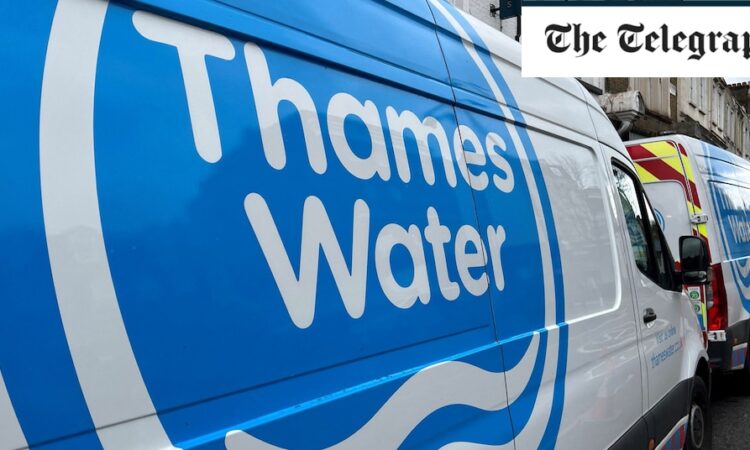
Thames was plunged deeper into crisis last month when its owners refused to honour a pledge to pump nearly £4bn of fresh capital into the company unless industry watchdog Ofwat agrees to a series of demands including massive increases in customer bills. Trade union officials have sought assurances on jobs.
The appointment of turnaround specialists Alvarez and Marsal to lead the negotiations is being interpreted by some as an indication that the refinancing talks will ultimately end with Kemble being dissolved, wiping out its debts.
Alvarez has worked on some of the most complex financial restructurings of all-time, including the unwinding of Lehman Brothers and Enron’s accounting firm Arthur Andersen.
Thames Water sits inside an elaborate financing structure with seven individual vehicles separating its external shareholders from the operating company that provides water to 15 million households across London and the south-east.
The group has amassed debts totalling £18.3bn, roughly £1.7bn of which was issued by Kemble.
Some believe the dissolution of Kemble will boost Thames’s survival chances.
“It would take the heat off and make the whole structure look less opaque, which makes it a lot easier for potential new investors to get their heads around,” a restructuring expert said.
However, others think dismantling the set-up will do little to change Thames’s prospects. “The Kemble debt is neither here nor there. It’s 10pc of total borrowings so it doesn’t really move the needle,” said one debt adviser.
The company’s predicament is expected to be worsened by a fresh fine from Ofwat in the coming weeks.
Thames may also have to try to renegotiate the terms of a separate £200m debt. The company is in danger of breaching a covenant on the loan in the coming weeks, auditors PWC have warned. The disclosure was made in Kemble’s last accounts.
Its credit rating has been downgraded closer to junk status by ratings agencies Moodys, S&P and Fitch.
Both Kemble and Thames Water declined to comment.






